Tired of feeling tired? Wondering if it's your menstrual cycle hormones? Here’s everything you need to know…
a year ago
Cycle syncinga year ago
Cycle syncing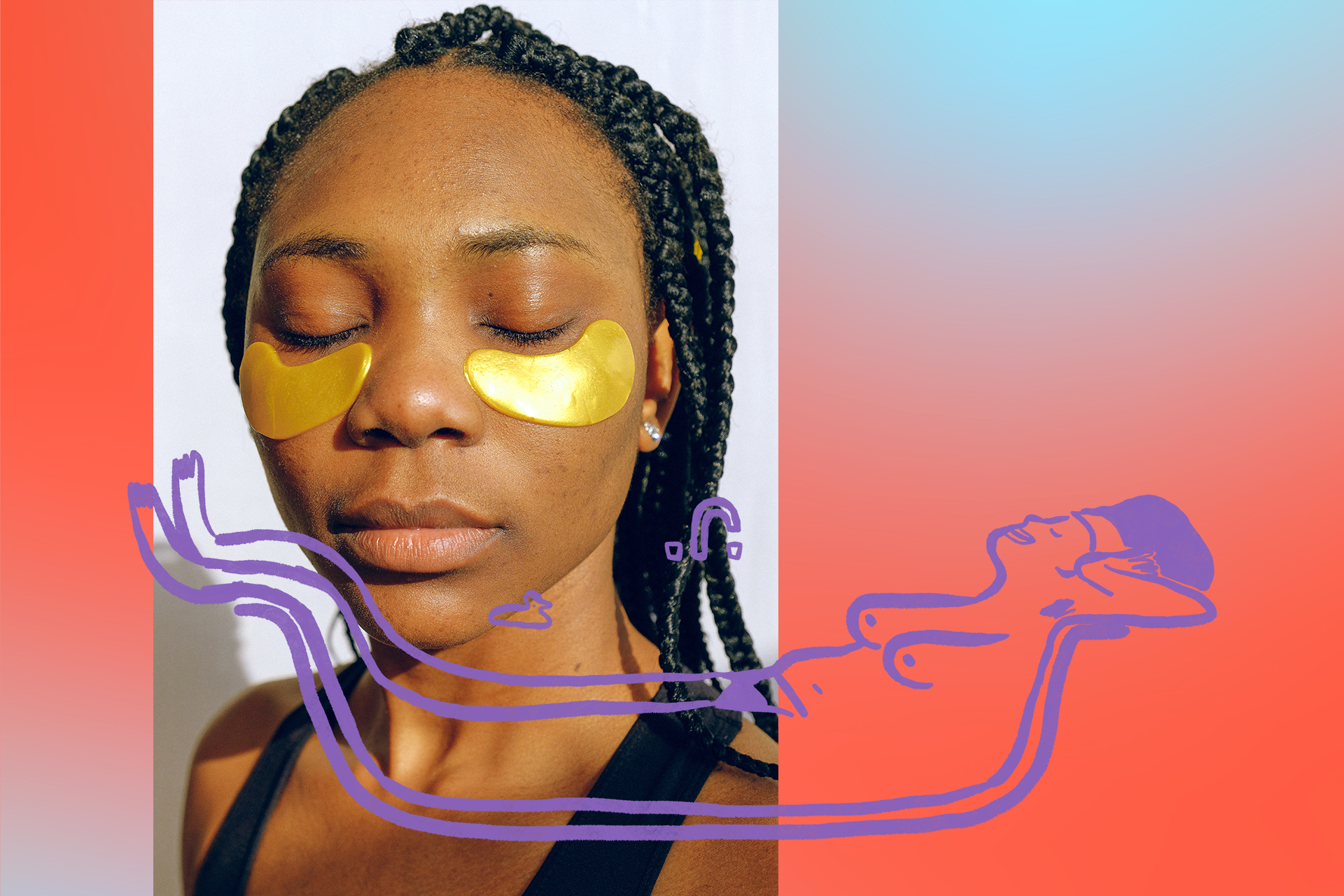
In addition to mood swings, bloating, cramps and headaches, fatigue can be a major player in your menstrual cycle. Here, we discover what could be causing it and what you can do to ease the fatigue...
Struggling to keep your eyes open after what felt like a good night’s sleep? Reaching for that third cup of coffee before noon? Then you’re not alone.
Almost two thirds of women say they feel tired when they wake up, even after a full night's rest, and a recent YouGov study shows that women report higher levels of tiredness across the board than men.
But is the ‘always-on’ nature of modern life to blame or could our hormones be hijacking our energy levels? We look at three different areas of your menstrual cycle to find out how tiredness and fatigue fits in.
Why does it happen? Feeling tired and sluggish when you’re on your period isn’t just a byproduct of having one more thing to worry about - period fatigue is real and can be triggered by a number of factors.
When it comes to what's happening hormonally, just before your period, your levels of oestrogen (the energy-giving hormone) crash rapidly and have pretty much flatlined by the time your period arrives (see graph below).
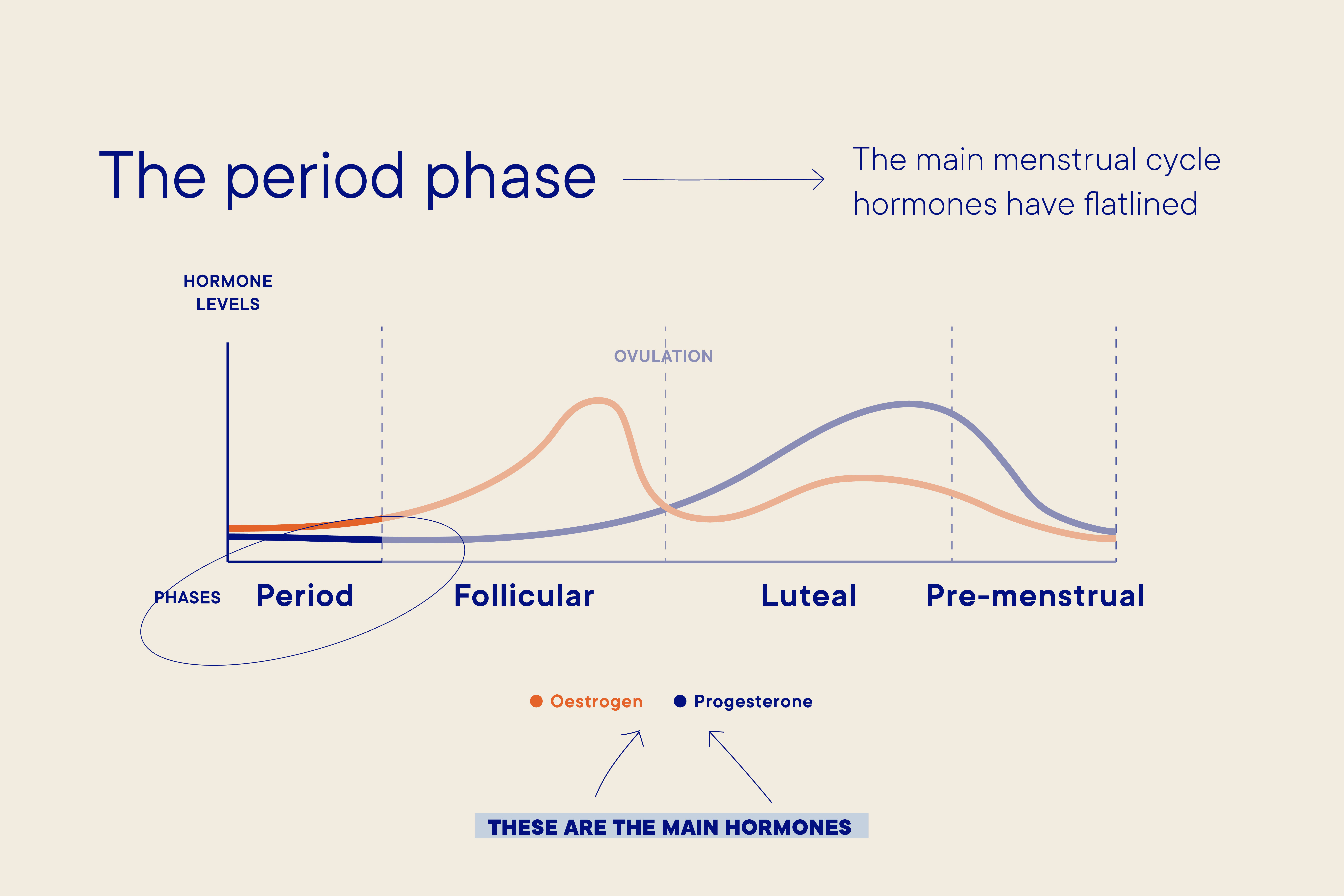
Although some women feel renewed and revived as soon as their bleed starts, for most women, this hormone low can make you feel more wiped out than usual. Add dehydration caused by loss of blood and it’s no wonder that you feel sleepier than usual in your midday meetings.
Another obvious reason? Lack of sleep. During menstruation, one-third of women have trouble sleeping due to cramps, headaches, and bloating. And, if you have a heavy flow, period exhaustion can also stem from iron deficiency caused by blood loss.
Period fatigue can make you want to crawl back into bed and binge-eat crisps in front of Netflix – but with salty snacks increasing the dehydration we mentioned earlier, that’s not exactly the best strategy.
Instead, help your energy levels by limiting diuretics like coffee and alcohol and opt for the 6 to 8 glasses of water per day instead. When you’re drinking it, sip regularly throughout the day for consistent hydration, rather than chugging whole pints. This will mean you benefit from the healing powers of H20, rather than simply weeing it straight out.
If I’m feeling really tired, I try the ‘10-minute rule’, where I basically commit to moving for 10 minutes, then see how I feel
Rather than fuelling solely on Ben and Jerry’s, make sure you’re plating-up energy-boosting foods like oats (which have slow-releasing energy), bananas (which are full of complex carbohydrates, vitamin B6, potassium) and lentils (which replenish your stores of iron, folate, zinc and manganese).
“Although it may sound counterintuitive,” says Jennis founder, Jess Ennis-Hill, “some light movement may restore energy levels and give you a boost. If I’m feeling really tired, I try the ‘10-minute rule’, where I basically commit to moving for 10 minutes, then see how I feel. It might be a gentle yoga, stretch session or a few weights. But once I get started I feel much better and often carry on for at least 20 minutes.
If your energy levels are really bad and you suspect you might have an iron deficiency, it’s always worth chatting to your GP who can test your levels and prescribe supplements if necessary.
Why does it happen? In the days leading up to your period, oestrogen - the go-get’em hormone we mentioned above - and progesterone, the anti-anxiety hormone fall off a cliff, so it’s no surprise that you may feel zapped of energy (see graph below).
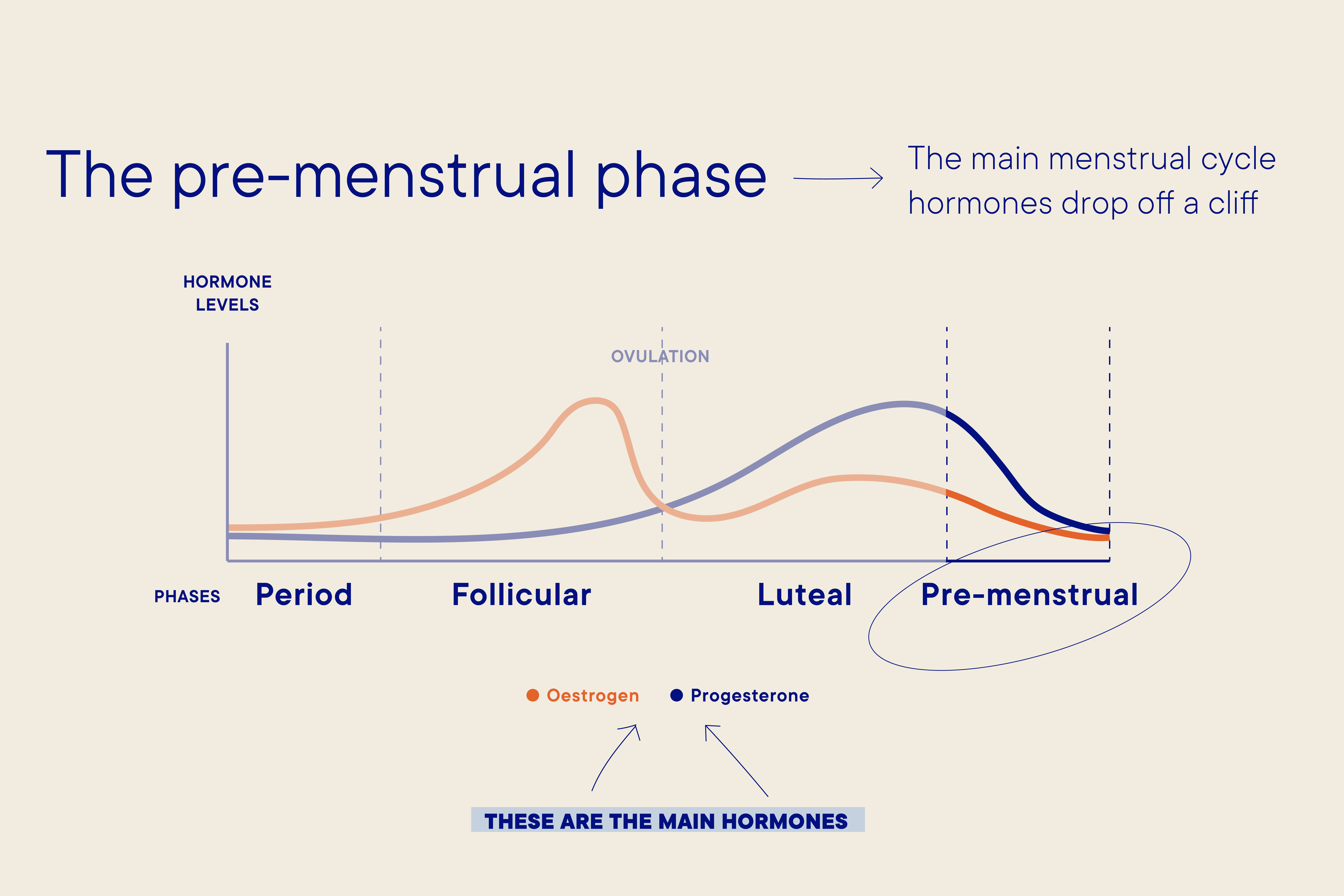
When you’re tired just before your period, the last thing you probably want to do is to do a workout, but aerobic exercise has been shown to reduce low mood, anxiety and fatigue in the pre-menstrual phase.
If you’re exhausted, there’s no need to go all-out with a HIIT session; try some restorative yoga, mobility work, a LISS workout or even some walking or gardening.
Beyond movement, it’s a good idea to start the day with a high-protein breakfast like porridge with nuts and berries, peanut butter on wholegrain bread or scrambled eggs with spinach. This means you start your day off with quality fuel and aren’t on the back foot before you leave the front door.
As women, we need to work with our hormone fluctuations across our cycle – and if that means slowing down for a few days in our pre-menstrual or period phase, that’s ok
Our final piece of advice if you’re feeling exhausted in your pre-menstrual phase is to give yourself permission to rest. Back to Jess: “Because we live in a fast-paced, always-on world and we’re busier than ever, we've stopped listening when our bodies are telling us to rest. As women, we need to work with our hormone fluctuations across our cycles – and if that means slowing down for a few days in our pre-menstrual or period phase, that’s ok.”
It’s also a sensible idea to track your cycle so you can anticipate the hormonal symptoms and fatigue that comes with it. This not only makes you more prepared, but it makes you more forgiving of yourself when the symptoms happen.
If you're experiencing micro-stresses all the time, your cortisol levels will stay high, which can reduce your oestrogen
Why does it happen? If your tiredness lingers throughout the month, it could be worth taking a hard look at your lifestyle. Too many social plans, regular late nights and never-ending deadlines at work can all contribute to feeling more wired and tired than usual.
Stress can also play a massive part in how tired you feel, as Dr Bella Smith, GP at The Well HQ, explains: “Stress produces the hormone cortisol from the hypothalamus, which tells your liver to produce sugar to feed your muscles to react.
“If you’re experiencing micro-stresses all the time, your cortisol levels will stay high, which can reduce your oestrogen.” Because oestrogen is the hormone that helps to give you energy, if this is compromised, it’s no wonder you feel tired.
Plenty of people go to the GP because they’re feeling tired, and many more probably suffer in silence, so the first stage is to take action by looking at your lifestyle.
“Stress is one of the biggest issues that women face,” says Dr Bella. “I think a lot of people are often looking for a magic bullet to make it go away, but it’s really about looking at what we can take away from our busy lives to help ourselves.
“A good example is fitness. While it’s important to exercise to feel energised, going too hard throughout the whole month can quickly lead to burnout. So, if you're feeling fatigued, I would look at how much rest you're getting and factor in proper recovery days throughout the month.”
Next up would be to look at your schedule and see if you can take out non-essential social or work commitments to give yourself both head and breathing space.
For extra help reducing the stress that may be causing fatigue, studies have shown that talking therapies like Cognitive Behavioural Therapy (CBT) can help to reframe stressful and anxious thoughts, while mindful activities like breathwork and meditation can also do their bit to curb panic. Apps like Calm and Headpsace can also help you to build a daily practice.
Feeling tired before your period is normal for a day or so, but if you can’t seem to shake the fatigue then it may be time to investigate with your GP, who can rule out anaemia, a thyroid disorder, or another medical issue.
Dr Bella is one of the experts behind The WellHQ
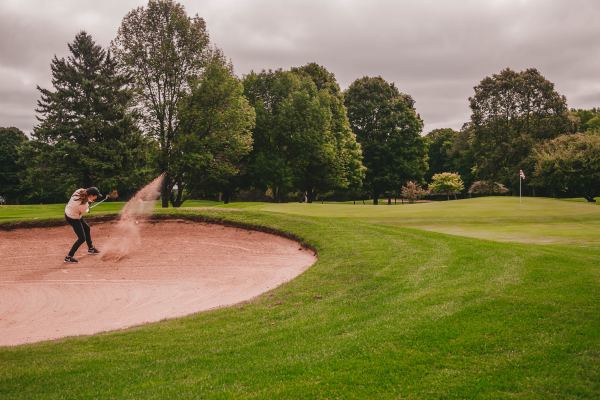 Cycle syncing
Cycle syncing Perimenopause
Perimenopause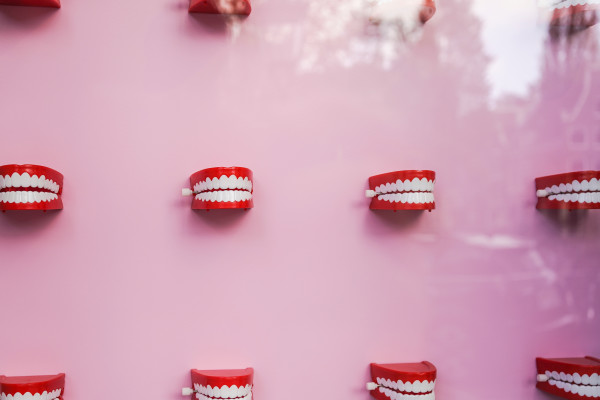 Perimenopause
Perimenopause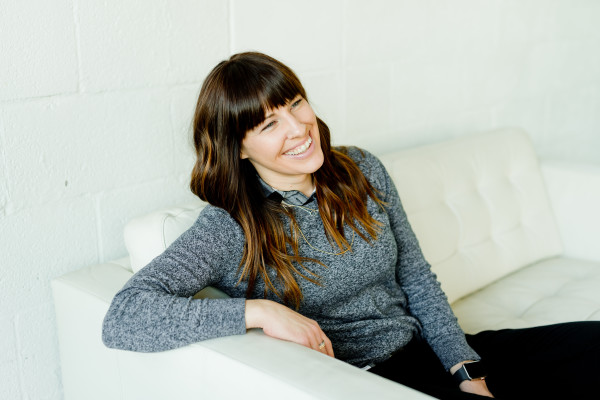 Perimenopause
PerimenopauseSign up to learn everything you need to know about CycleMapping, plus how you can live better and feel better through optimising your fitness to you.
This website uses cookies to ensure you get the best experience on our website. Learn more
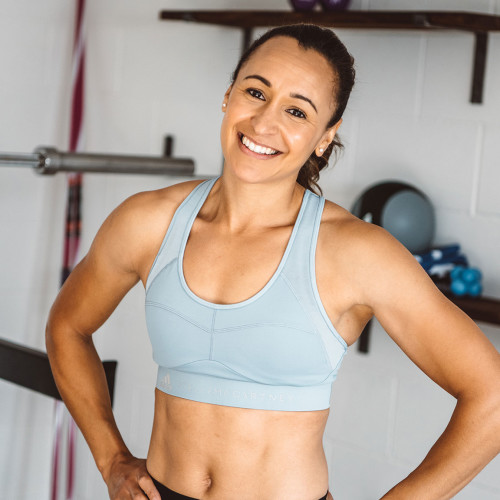
Sign up for the very latest news on women's fitness, health and hormones, plus be the first to receive exclusive offers and extras